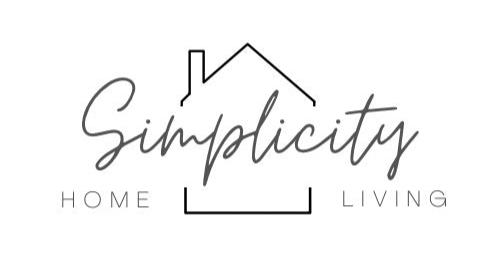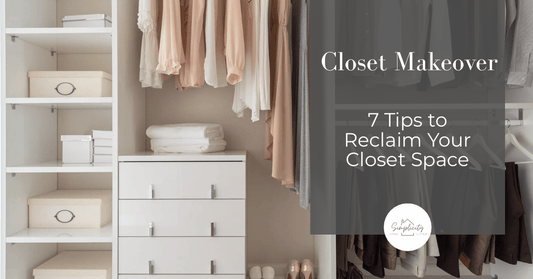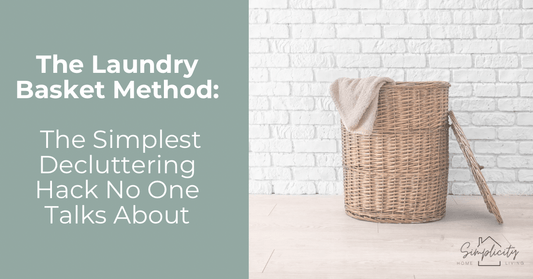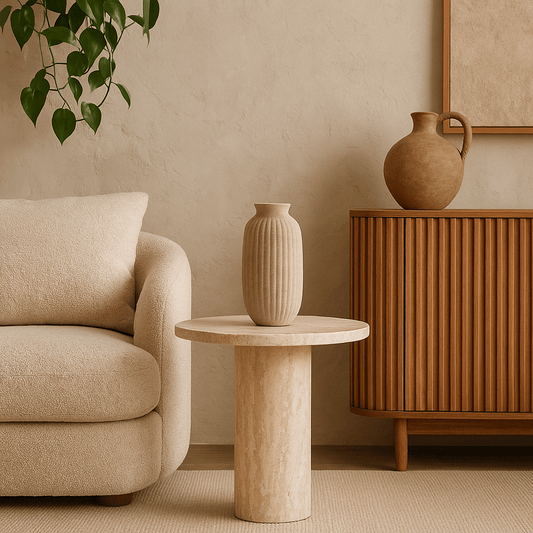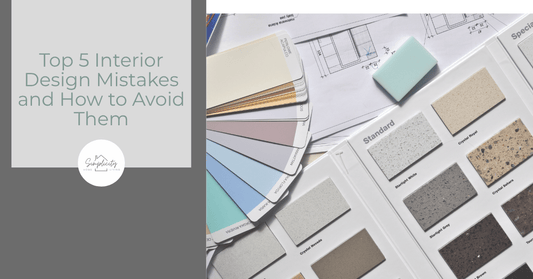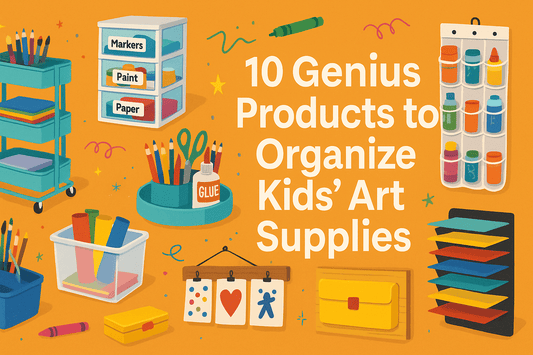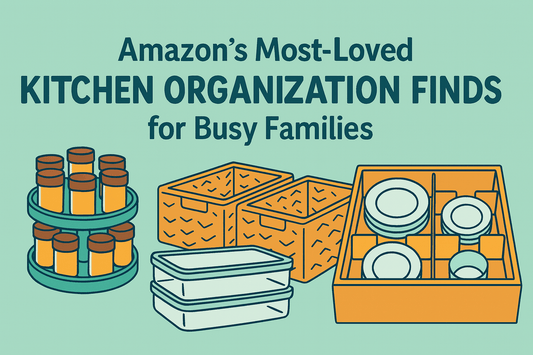Because why play with a $50 toy when Mom’s salad spinner is RIGHT THERE?
Every parent has experienced it: you spend good money on a singing, flashing “educational” toy, only for your child to toss it aside and become deeply attached to... a soup ladle. The truth is, kids are wired to explore, sort, build, and touch—exactly the type of play that boosts development in early childhood. And guess what? Some of the best tools for learning are already in your drawers.
Research backs it up: unstructured, hands-on play is essential for developing motor skills, language, problem-solving, and even emotional intelligence. Below are ten everyday household items that double as powerful learning tools—with tips to keep things simple, organized, and fun.
1. Measuring Cups and Spoons
Skill Builder: Math concepts, fine motor skills, sensory play
What to do: Let your child scoop dry goods, pour water, or “cook” pretend meals. They’ll explore volume, sequencing, and hand-eye coordination.
Pro tip: Get an extra set just for play. Look for colorful, kid-friendly measuring cups like this silicone set on Amazon.
2. Cardboard Boxes

Skill Builder: Imagination, spatial reasoning, storytelling
What to do: Let kids design their own spaceship, drive-thru, or puppet theater. Add crayons, stickers, and tape to fuel creativity.
Why it works: Open-ended play develops problem-solving skills and confidence—and it doesn’t cost a thing.
3. Muffin Tins
Skill Builder: Sorting, color recognition, counting
What to do: Fill each cup with buttons, pom-poms, or snacks. Use tongs or fingers to sort by size, shape, or color.
Tip: Keep a second muffin tin just for activities. Try a non-stick 12-cup mini tin perfect for sensory bins.
4. Painter’s Tape

Skill Builder: Gross motor play, letter recognition, patterning
What to do: Tape letters or roads on the floor, make an indoor hopscotch, or create obstacle courses.
Why it’s great: It sticks safely, peels off clean, and gives you a mess-free way to teach letters and numbers. Try a multi-pack of colored painter’s tape to mix it up.
5. Laundry Baskets

Skill Builder: Gross motor skills, imaginative play, spatial awareness
What to do: They become pirate ships, tunnels, or basketball goals with rolled-up socks. Use them for speed-clean-up games.
Affiliate tip: A lightweight, round collapsible basket makes cleanup easy—and playtime more fun.
6. Ice Cube Trays

Skill Builder: Fine motor skills, early math, one-to-one correspondence
What to do: Use tongs or fingers to place items in each tray compartment. Count, sort, or make frozen “treasures” for excavating.
Play setup tip: Pair it with colorful silicone trays and kid tweezers for a ready-to-go activity bin.
7. Sponges
Skill Builder: Sensory play, motor planning, stacking
What to do: Cut into shapes or blocks, stack them wet, or stick them to bath tiles. Try sponge painting or make “buildings.”
Why it’s smart: They’re soft, cheap, and great for bath or art time. Look for non-toxic, shapeable sponges.
8. Lint Rollers & Sticky Notes
Skill Builder: Fine motor control, matching, letter recognition
What to do: Use lint rollers to “collect” tiny treasures. Sticky notes are great for matching games, scavenger hunts, or alphabet fun.
Get started: Try a reusable lint roller and a bulk pack of sticky notes to always have some on hand.
9. Plastic Cups
Skill Builder: Engineering, sequencing, balance
What to do: Stack, sort, build towers, or make DIY bowling games. Use markers to add numbers or letters for bonus learning.
Kid fave: Look for brightly colored plastic cups or stacking cups for toddlers.
10. Mirrors
Skill Builder: Emotional intelligence, visual awareness, self-recognition
What to do: Let kids observe expressions, point to body parts, or trace reflections. Play “make the same face” games or silly dance moves.
Try this: Mount a shatterproof mirror at toddler height for daily engagement.
Bonus Tip: Build a “Play Bin of Ordinary Magic”
Keep a low bin or basket with a rotating mix of these items. Label it “Discovery Bin” or “Everyday Explorers” for extra charm. Include your kid-only set of measuring spoons, a muffin tin, sponge shapes, and plastic cups. This keeps things tidy and encourages independent learning. A good open-top fabric bin is perfect for this.
The Bottom Line
You don’t need expensive or noisy toys to support your child’s growth. Everyday objects offer rich learning experiences, strengthen developmental skills, and foster independence. With a little creativity (and maybe a few affiliate picks), your home becomes a learning lab—without the clutter or the cost.
📬 Want More Practical Parenting Tips?
Subscribe to Simplicity Home Living for fresh ideas that help you raise capable kids while keeping your home calm, clean, and (mostly) chaos-free.
